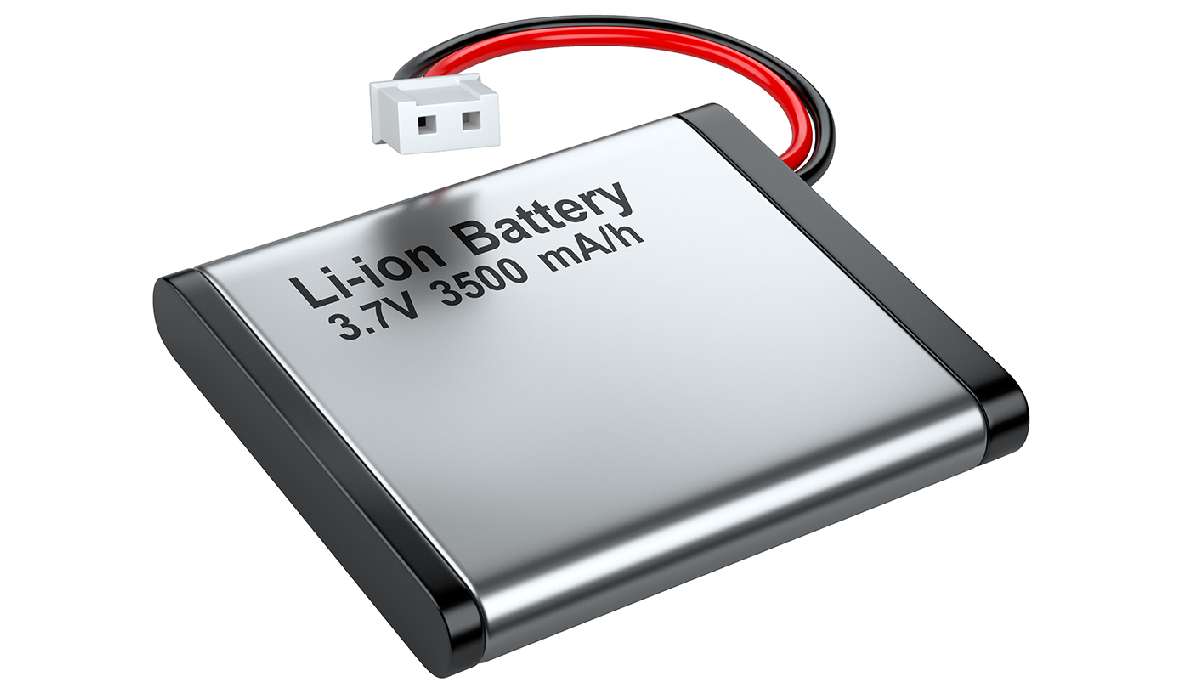
Corn leads to improved performance in lithium-sulfur batteries
Researchers at Washington State University have demonstrated a way to use corn protein to improve the performance of lithium-sulfur batteries, a finding that holds promise for expanding the use of the high-energy, lighter-weight batteries in electric vehicles, renewable energy storage and other applications.
Lithium-sulfur batteries are lighter for the same amount of energy and more environmentally friendly than commonly used lithium-ion batteries, but their commercial adoption has been limited by technological hurdles that shorten their lifespan.
The WSU team’s research, published in the Journal of Power Sources, showed that a protective barrier made of corn protein, in combination with a commonly used plastic, significantly improved the performance of a button-sized lithium-sulfur battery. The researchers found that the battery could hold its charge over 500 cycles, a significant improvement over batteries without the protective corn barrier, known as a separator.
“This work demonstrated a simple and efficient approach to preparing a functional separator for enhancing the battery’s performance,” said Katie Zhong, professor in the School of Mechanical and Materials Engineering and a corresponding author on the paper. “The results are excellent.”
Lithium-sulfur batteries are considered a possible alternative to lithium-ion batteries for many applications. They theoretically contain a lot more energy, so using them in cars or airplanes would require much smaller and lighter batteries than current batteries. Furthermore, the lithium-sulfur battery uses sulfur for its cathode, which is abundantly available, cheap, and non-toxic, making it more environmentally friendly than current batteries. The cathode of a lithium-ion battery is made of metal oxides and include toxic heavy metals like cobalt or nickel.
Source: https://sciencedaily.com










